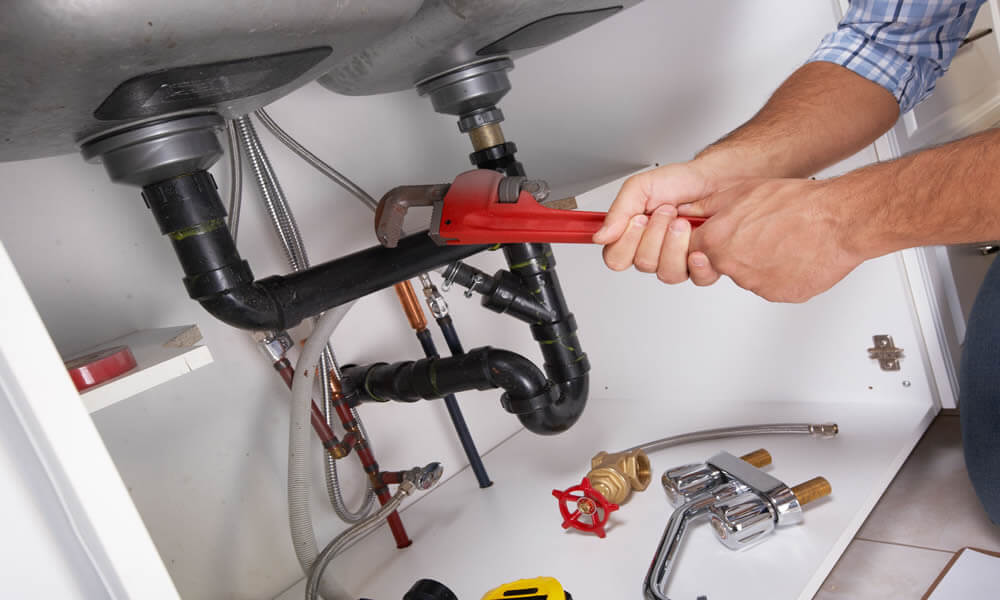
Whether you’re building your dream home from the ground up or doing a remodel, having high-quality plumbing is essential. Your home’s plumbing system transports water to every room for drinking, washing, and flushing waste. Proper installation by a professional plumber during construction prevents problems down the road.
Water main connection
Getting your house connected to the water main is the first step. A licensed plumber will tap into the main line on your property and run piping into the house. Installation will include a water meter to measure usage and an exterior shutoff valve. It allows you to shut off water to the home in an emergency. The plumber will also install an expansion tank which moderates water pressure coming into the house. Once connected to the main line, supply pipes are run throughout the house. This freshwater system should be sized and laid out to provide adequate pressure and volume to all fixtures and appliances. Copper is the most common material used. The plumber will install supply lines to kitchens, bathrooms, exterior spigots, ice makers, lawn sprinklers, and more. Proper insulation around pipes helps maintain temperature and prevent freezing in exterior walls.
Drainage system
Removing wastewater and sewage is another key plumbing task. plumber in Rose Bay will install drainage pipes running from sinks, tubs, showers, and toilets. These drain lines connect to the main sewer line or septic tank. Added vents allow air into the drainage system to maintain proper flow and prevent foul odors. The plumber will ensure your home has an efficient drain system to prevent clogs and backups. Unless you’re opting for tankless water heaters, a traditional water heating tank will provide hot water to your home. Gas heaters are more affordable and energy efficient. However, electric tank heaters use renewable energy sources like solar panels. Your plumber will ensure the device is properly positioned and connected to water supply lines and electrical or gas sources. Proper maintenance is key to prevent leaks and ensure efficient operation.
Fixtures and faucets
With the supply and drainage systems in place, it’s time to install sinks, tubs, showers, and toilets. Your plumber will allow you to choose stylish fixtures that align with your home’s design. It will ensure new pieces are installed properly without any leaks or defects. Shower valves, faucet aerators, and other components are checked. Smart home technology like touchless faucets incorporated. Don’t forget about exterior plumbing needs. Sprinkler systems, outdoor kitchens, and hot tubs all require plumbing services. A pool will need drainage and pumps installed along with plumbing for restrooms and showers. A licensed plumber ensures exterior systems are winterized in colder climates and don’t leak due to improper installation. They also add hose bibs around your home’s exterior for laundry or gardening needs.
